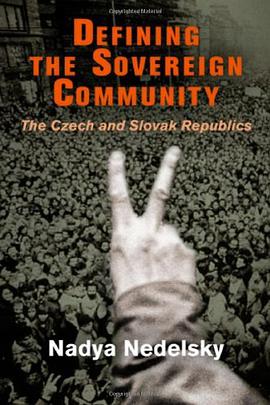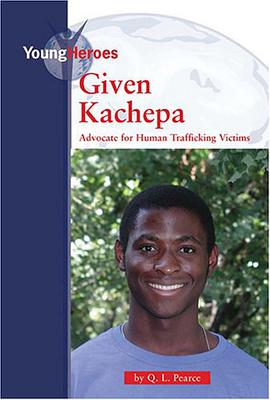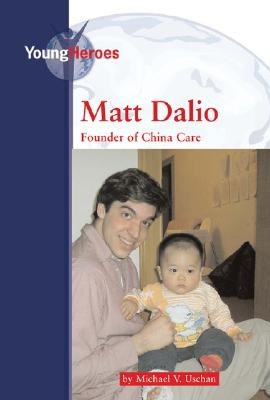

具体描述
Though they shared a state for most of the twentieth century, when the Czechs and Slovaks split in 1993 they founded their new states on different definitions of sovereignty. The Czech Constitution employs a civic model, founding the state in the name of "the citizens of the Czech Republic," while the Slovak Constitution uses the more exclusive ethnic model and speaks in the voice of "the Slovak Nation." Defining the Sovereign Community asks two central questions. First, why did the two states define sovereignty so differently? Second, what impact have these choices had on individual and minority rights and participation in the two states? Nadya Nedelsky examines how the Czechs and Slovaks understood nationhood over the course of a century and a half and finds that their views have been remarkably resilient over time. These enduring perspectives on nationhood shaped how the two states defined sovereignty after the Velvet Revolution, which in turn strongly affected the status of the Hungarian minority in Slovakia and the Roma minority in the Czech Republic. Neither state has secured civic equality, but the nature of the discrimination against minorities differs. Using the civic definition of sovereignty offers stronger support for civil and minority rights than an ethnic model does. Nedelsky's conclusions challenge much analysis of the region, which tends to explain ethnic politics by focusing on postcommunist factors, especially the role of opportunistic political leaders. Defining the Sovereign Community instead examines the undervalued historical roots of political culture and the role of current constitutional definitions of sovereignty. Looking ahead, Nedelsky offers crucial evidence that nationalism may remain strong in Slovakia and the Czech Republic, even in the face of democratization and EU integration, and is an important threat to both.
作者简介
目录信息
读后感
评分
评分
评分
评分
用户评价
相关图书
本站所有内容均为互联网搜索引擎提供的公开搜索信息,本站不存储任何数据与内容,任何内容与数据均与本站无关,如有需要请联系相关搜索引擎包括但不限于百度,google,bing,sogou 等
© 2025 book.quotespace.org All Rights Reserved. 小美书屋 版权所有




















